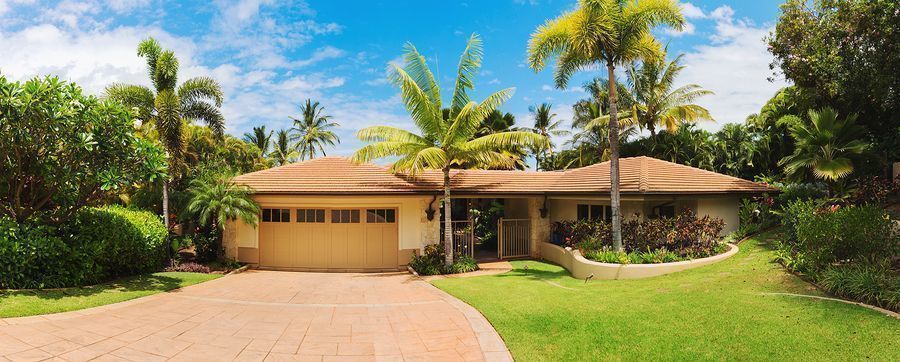Amid this week’s declared state of emergency by Hawaii Governor, David Ige, it is clearer now more than ever that there is a dire need for affordable housing in the state of Hawaii. In an effort to remedy Oahu’s housing shortages, the City Council of Honolulu passed Bill 20 in an effort to facilitate the development of Accessory Dwelling Units, or ADU’s. According to kitv.com, the city estimates that a potential 105,000 rental units could be developed as a result of the bill.
An Accessory Dwelling Unit is a separate, attached or detached, secondary single-family dwelling located on the same lot of a primary single-family dwelling. The ADU must include a kitchen, bedroom and bathroom for its residents.
By encouraging the development of ADUs to single-family property homeowners, the city hopes that the housing shortages will decrease and ultimately lower the homeless population on the island.
THE BENEFITS OF ADU’S
Some of the major benefits to ADU development are as follows:
1.ADU’s assist with homeownership:
Due to the increasing cost of living, being able to afford daily expenses becomes difficult in Hawaii. ADU’s offer a secondary source of income, which would be helpful to many homeowners. Income collected from ADU’s can assist with monthly utility payments and mortgage payments.
2.ADUS provide affordable housing options without creating dependence on the government:
The shortage of affordable housing on Oahu affects everyone, e.g., senior citizens, young single professionals, families, etc. Many families need to give up almost half of their annual income just to afford their rental expenses. (According to Hawaiibusiness.com, In Honolulu, In order to afford a 2-bedroom rental at the fair market, renters require an annual income of over $70,000).
Without requiring government subsidies, homeowners themselves can help remedy the affordable housing problem on Oahu by providing housing options to these hard-working and struggling peoples.
3.ADUs help Oahu’s aging population & multi-generation families:
With Oahu’s growing senior population comes the increased importance of senior living and senior care. ADU’s provide a housing option for seniors on lower fixed incomes who require a smaller residence. Furthermore, ADU’s provide convenient housing options with minimal maintenance and upkeep. In this connection, ADUs are often single-level structures, which minimize the dangers associated with stairway related injuries.
On a similar note, ADU’s provide a means for families to stay together while minimizing overcrowding in the primary residence. With numerous multi-generation families living on the islands, ADU’s provide a convenient housing option to keep families in close proximity to each other.
CAN I CONSTRUCT AN ADU? WHAT DO I NEED TO BE AWARE OF?
According to kitv.com “Under Bill 20, homeowners with lots of 3,500 square feet or more would be allowed to build an accessory dwelling unit on their property… lots between 3,500 square feet to just under 5,000 square feet can build an ADU of 400 square feet in size. Lots larger than 5,000 square feet can build an ADU as large as 800 square feet.” For further information on your lot size, please access cchnl.maps.arcgis.com (tax parcels).
According to Bill 20, ADU’s can be constructed on the following types of residential zones: R-3.5, R-5, R-7.5, R-10, R-20. Further information about zoning can be accessed at cchnl.maps.arcgis.com (zoning map).
With the foregoing in mind, homeowners may be restricted from building ADU’s on their properties if their properties belong to an association that restricts ADU construction. In other words, if a particular neighborhood or association does not allow for ADU development, then a homeowner is prohibited from constructing an ADU.
When we consider the housing shortages and homeless problems that plague Oahu, Bill 20 offers alternative solutions and possibilities that are beneficial to homeowners and renters in need. ADU’s provide the public with the ability to contribute to their community without increasing dependency on government.


